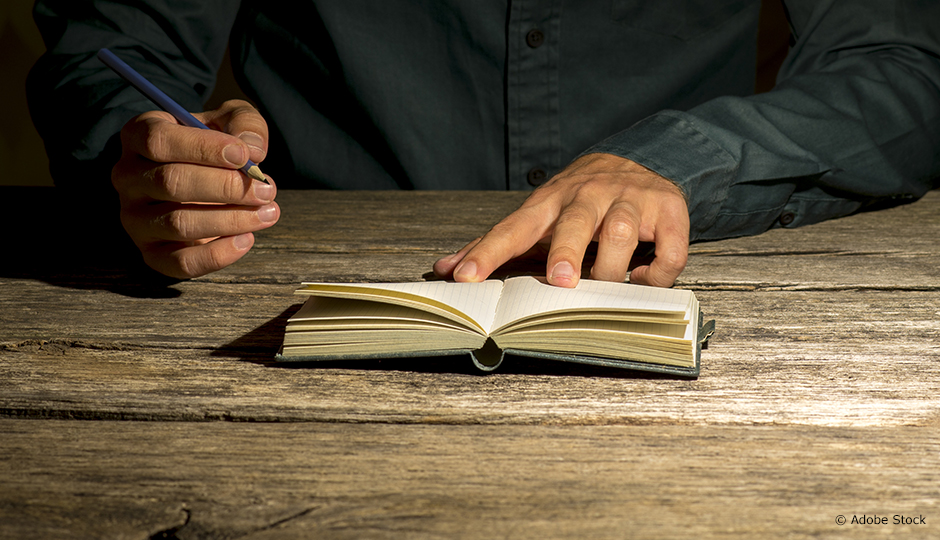Copyright should encourage creativity by ensuring that writers are remunerated for their work. However, in the case of poets, copyright-related income is nowhere near enough to support their artistic production.
Royalties, payments from literary journals and copyright payments provide only 11% of their literary income, or some $1,500 per year.
Eli MacLaren, a literature researcher at McGill University, conducted a survey of 50 Canadian poets to determine their sources of revenue. The findings were clear: the amount they receive directly from the sale of authorized copies of their works is so low as to be almost negligible. In fact, royalties, payments from literary journals and copyright payments provide only 11% of their literary income, or some $1,500 per year.
More than half (56%) of their writing-related income comes from government grants. Literary prizes, public readings, journal editing, writing residencies and jury work for literary competitions also play a significant financial role. Finally, each year the Canada Council for the Arts compensates authors for free public access to their books in public libraries. In 2015-2016, for example, 21,000 authors shared $9.8 million, amounting to about $568 each.
According to the McGill researcher, greater readership and circulation of their books is just as important as copyright for stimulating the work of poets. However, this is often achieved through measures such as lower book prices or allowing free copying of works, which seems to run counter to the idea of copyright.
To solve this equation, a new model is emerging under which recently published works are initially protected by copyright for a certain period of time before being circulated freely. Each of these phases would contribute, in its own way, to the poet’s income and creativity.




